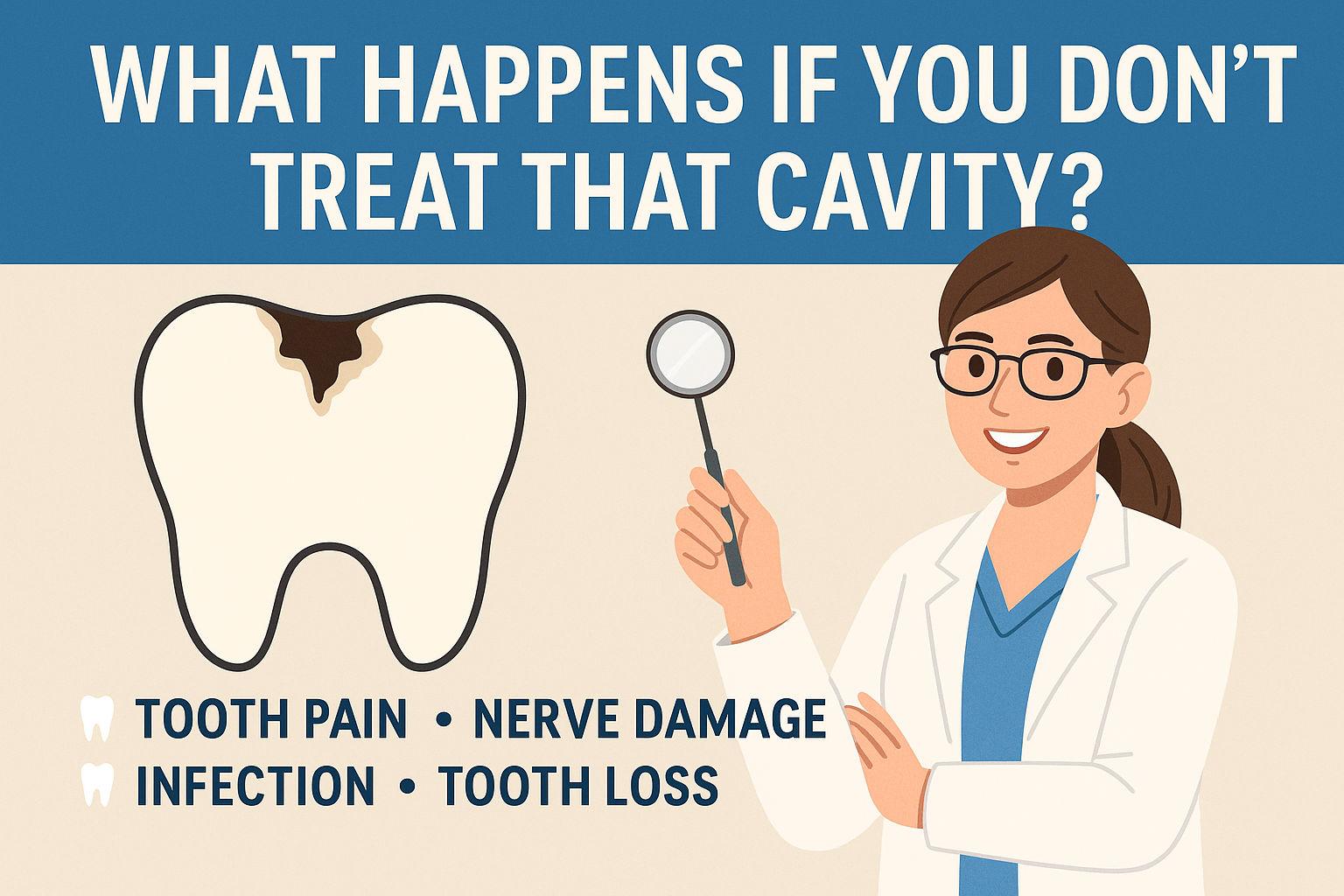Pacifiers and Thumb Sucking
I recently saw a 4 year-old child in my office whose mother was quite concerned about her child’s thumb sucking habit. Many parents might have similar concerns, so I wanted to share some information about the habit and how to help break it when the time is right.
Thumb sucking is a natural reflex for kids. Sucking on thumbs, fingers, pacifiers, or other objects makes babies feel happy and secure, and helps them learn about the world around them. Additionally, it soothes them and helps them fall asleep easier. Studies have even indicated that the sucking habit can reduce a child’s chance of Sudden Infant Death Syndrome (SIDS).
Prolonged Thumb Sucking or Use of Pacifiers
If the sucking habit is prolonged, it can be detrimental to a child’s teeth. I have observed the following effects from prolonged sucking habits:
- Top front teeth sticking out farther than normal
- Bottom front teeth tipped back
- Teeth not coming together normally (open bite)
- Improper overlapping of back teeth (cross bite)
As permanent teeth start to come in (usually between 5 and 7 years old) the habit can have more drastic and lasting effects. Pacifier habits have essentially the same effects as thumb habits, but they can be much easier to break. Perhaps the most important factor determining how detrimental sucking habits can be is the sucking intensity. Children who passively rest their finger in their mouth are much less likely to experience negative teeth changes than children who suck aggressively.
Breaking the Habit
Most children stop sucking thumbs or pacifiers between 2 and 4 years of age, but some children have a very difficult time making the change. If you have a child who is struggling to break the habit, I have a few suggestions to offer frustrated parents:
- Try limiting the time or location your child sucks their thumb/pacifier. If you can limit the activity to the bedroom or just at bedtime/naptime, you’ll have an easier time breaking the overall habit.
- Be positive. My nature inclines me to be confrontational and dictatorial in these situations (e.g. “stop sucking your thumb! You’re too old for that”) but praising children and focusing on small positives has proven to be a much more effective strategy.
- Help your child become self-aware. Some kids turn to sucking out of habit rather than need. Asking them “are you aware you’re sucking right now?” and helping them find something else to comfort them (blankie, stuffed animal, etc.) can be a huge victory over what is a mostly unintentional habit. Kids are more prone to sucking when they’re bored or tired.
- Don’t use the nasty paint-on stuff. There are products available to paint on a child’s fingers to make them taste terrible when they try to suck on thumbs. Not only do these not work, they’re kind of a mean, underhanded tactic.
- Help your children look toward breaking the habit. Point out positive examples from cartoons they watch and help them know that big kids don’t suck their thumbs or use binkies. They will eventually want to start becoming a big kid and leave the habit behind.
- Don’t turn thumbsucking/pacifier use into a confrontation. A tearful confrontation will only yield negative results. Shame is a bad motivator for kids.
- If the child has a pacifier habit and not a thumb habit, cut a little piece off the pacifier’s tip when the child is sleeping. They will soon realize that it doesn’t give the same satisfaction it once did, and stop sucking. Just be sure that a finger doesn’t become a substitute for the broken binky.
- Enlist help. Having a dentist talk directly to the child and explain the reasons for growing out of the sucking habit can help more than you would realize. There are also experts on the subject who have published books to help struggling parents. There are also children’s books to help kids learn how to stop the habit.
-Nicolas K. Young, DMD









